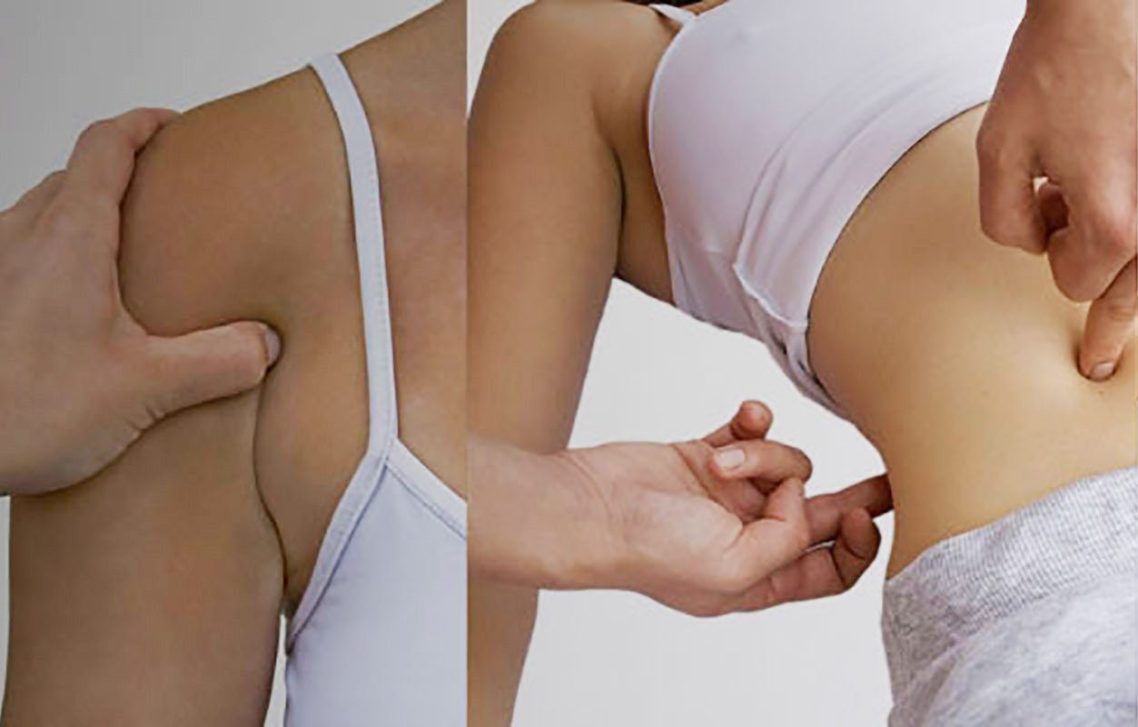Emmett Technique
Emmett Technique
A Light Touch:
A very light touch therapy, perfect for those, who struggle with being touched


What is the
Emmett Technique?
The EMMETT Technique is a unique form of body relaxation therapy, involving the application of light finger pressure at specific points.
It is based on the belief that light touch can trigger a relaxation response in the soft tissues of the body, and that the therapist may thereby help relieve feelings
of tension.
Many people find they feel more at ease within their body and their emotional well being is enhanced.
The result is often instantaneous feelings of
greater comfort.
EMMETT is truly a complementary therapy. It may be applied in isolation but it also combines easily with all other bodywork and exercise specialities such as massage, chiropractic, physiotherapy, Bowen therapy, craniosacral therapy, yoga, Pilates and personal training as some typical examples.
Price List
Emmett Technique
| 30 - 40 mins | £55

The Benefits:
More restful sleep
Enhanced mood
A sense of lightness within their body
Improved comfort and ease within the areas treated such as back, abdomen, hips, legs, knees, ankles, feet, shoulders, arms, hands
and neck

Emmett Technique can help you with the following:
- Deep shoulder pain
- Rotator cuff issues
- Frozen shoulder
- Inability to lift arm
- Difficulty with arm movements (forward and backward
- Difficulty opening jars
- Tense muscles and tendons
- Upper back cramps
- Tingling in little finger and ring finger
- Anxiety, depression, and panic attacks
- Chest tightness
- Locked arm post-stroke
- Spine
- Lower back
- Hip pain
- Pelvic misalignment.
- Bladder problems
- Lower back cramps
- Inability to sit for extended periods
- Menstrual cramps
- Irritable Bowel Syndrome (IBS)
- Bowel movement issue
- Difficulty turning over in bed
- Inability to sit up without turning
- Inability to turn neck or look at the back
- Difficulty tilting neck
- Trouble looking up and down
- Neck pain
- Teeth grinding
- Tension headaches
- Head tilting to one side
- Difficulty speaking clearly or singing
- Dry mouth (possible symptom of Sjogren's syndrome)
- Throat discomfort or involuntary movements
- Upset stomach
- Abdominal pain after eating
- Reflux or heartburn pain/discomfort under sternum
- Inability to walk or run
- Tight iliotibial (IT) band
- Difficulty squatting
- Struggling with stairs
- Unsteadiness on feet
- Inability to stand on one foot
- Deep knee pain
- Restricted or painful ankles
- Painful or burning feet
- Plantar fasciitis or police heel
- Shuffling feet
- Spine
- Epilepsy
- Parkinson's disease
- Stroke
- Headaches
- Migraines
- Brain trauma
- Head injury
- Traumatic disorders of the nervous system
- Huntington’s disease
- ADHD
- Autism spectrum disorder
- Asperger's disorder
- High-functioning autism
Beautiful Journey Therapy
Edward Road, Alton, Hampshire GU34 2ET
Opening hours
Mon - Sat
7am - 6pm
Booking by appointment only
Sun
Closed
We need your consent to load the translations
We use a third-party service to translate the website content that may collect data about your activity. Please review the details in the privacy policy and accept the service to view the translations.

